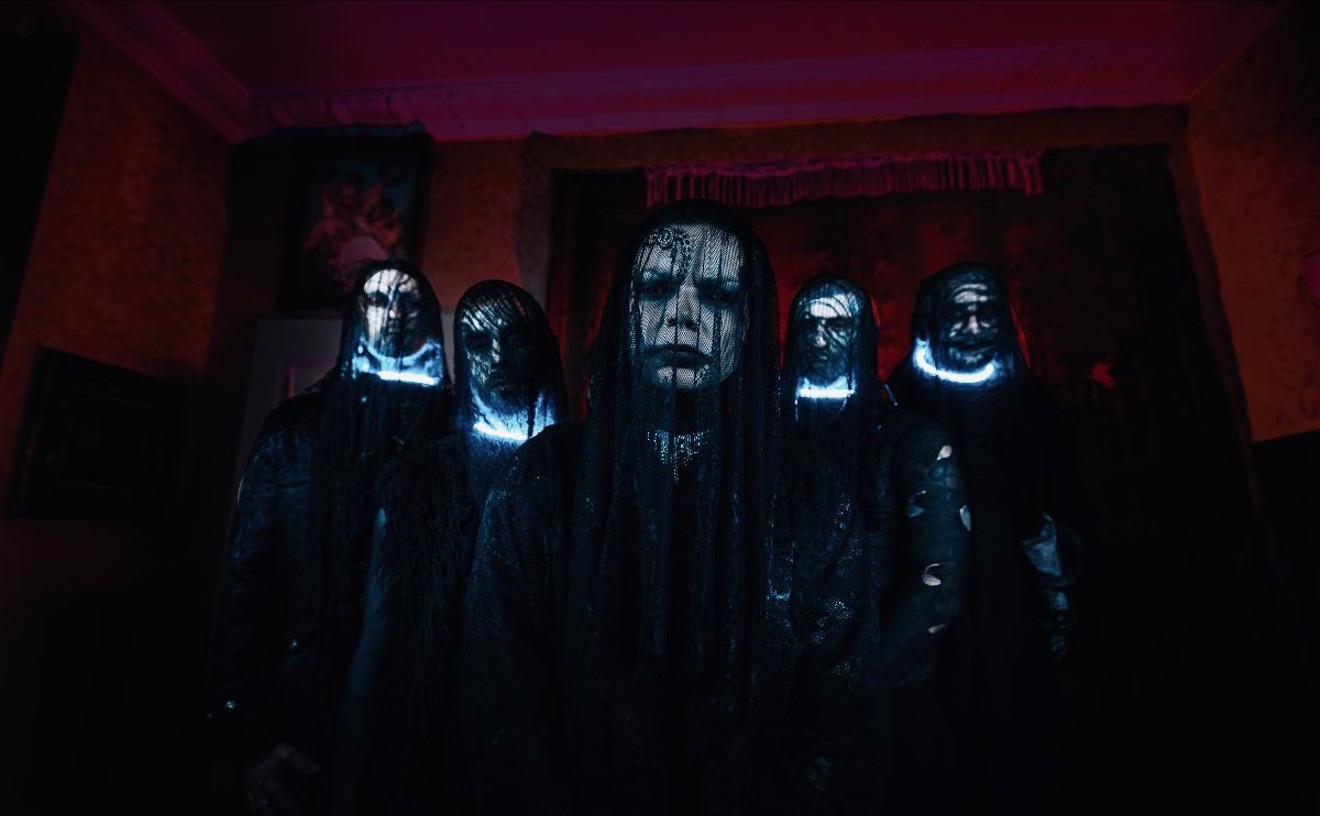When pianist Matthew Shipp started recording in the '80s, he rebelled against jazz; he didn't want to have to defend himself by saying that he came from jazz roots, like avant-garde players such as Cecil Taylor, Anthony Davis and James Newton. Shipp says he even wrote a term paper in college about how all forms of jazz must be destroyed.
But decades later, after a sixteen-year stint with tenor saxophonist David S. Ware and having released a number of albums under his own name, Shipp says he's definitely at a different place now and just wants to relax and play. Lately, the pianist says, he's been trying to filter out outside influences. That strategy is obvious on many of his recordings, as Shipp has one of the most unique playing styles in music today.
Westword: How did you first get into avant-garde, creative music?
Matthew Shipp: I grew up a "straight" jazz pianist, but I always wanted to have my own style and my own world, but if that ends up being avant-garde or whatever, that's a whole different issue. But I've always wanted to have my own world. That's always been my major intent. And I guess, early on, the models for doing that are the obvious ones: Andrew Hill, Cecil Taylor, Horace Tapscott — whoever. I'm not trying to be avant-garde. I'm just trying to be myself.
What was it about Andrew Hill, Cecil Taylor and those guys that resonated with you?
I guess I'm into jazz, and they're part of the jazz continuum. It's not hard to hear them coming out of their predecessors like Bud Powell and Monk and Ellington. And I guess I just like the sound of jazz piano. I mean, I think it comes down to something that simple. If I feel the resonance of that, I guess I gravitate toward it. I really like Mal Waldron, too. There are a lot of people from the '60s and '70s that I gravitated toward. I took a little something from them all and digested it in my own system to create myself.
How would you say your music has changed over the past few decades?
I would say now that I'm definitely trying to get rid of everything that's not directly my sound. I'm trying to get down to the essence of what it is to play a piano if you're me. I don't really... every album sounds a little different to me. I'm always phrasing a little different or doing something a little different with the harmonies. I would guess it's probably becoming something more and more jazz-based, which is something I was really rebelling against earlier in my career. It's really hard for me to answer. I mean, everybody hears music a different way.











